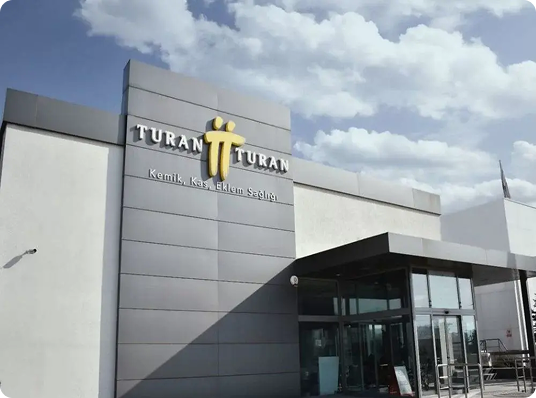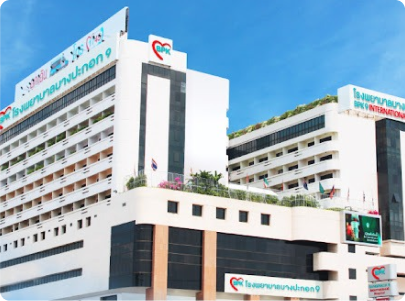Cerebral Palsy
Cerebral Palsy represents an innovative procedure aimed at enhancing diagnostic accuracy, delivering targeted therapy, or facilitating surgical precision depending on the patient's unique needs.
Get Expert Consultation
Speak with our medical travel experts to get personalized guidance for your procedure
✓ No commitment required • ✓ Expert guidance • ✓ Free consultation

Book Your Free Medical Consultation
Get expert advice—free and easy. Just fill out the form to start your health journey!
Key-Insights for
Cerebral Palsy
Procedure Time
Variable, depending on individual needs and treatment goals
Recovery Period
Minimal to no downtime; most individuals can resume daily activities immediately
Expected Results
Improved mobility, reduced muscle spasms, enhanced independence, and increased quality of life
Ideal Candidates
Children and adults living with cerebral palsy who experience muscle stiffness, spasticity, or other motor skill impairments
Cerebral Palsy
Cerebral Palsy represents an innovative procedure aimed at enhancing diagnostic accuracy, delivering targeted therapy, or facilitating surgical precision depending on the patient's unique needs.

People seek these procedures for various reasons:
Aesthetic Enhancement
Regain independence and mobility
Corrective Purposes
Reduce muscle stiffness and spasms
Functional Restoration
Improve overall quality of life
Things to Check Before Treatment
- •Discuss your medical history and any current medications with your doctor
- •Get a thorough physical examination to identify any underlying health issues
- •Consult with your doctor about any concerns or questions you have
- •Plan for post-operative care and follow-up appointments
- •Research the hospital and treatment team to ensure you feel comfortable with your choices
Potential Risks
- •Infection at the surgical site
- •Bleeding complications
- •Reaction to anesthesia
- •Post-operative pain or discomfort
- •Complications related to general anesthesia
How to Choose the Right Country, Clinic, and Surgeon
Do's
Verify surgeon credentials (e.g. ISAPS, JPRAS)
Ask for before-after photos
Check language barriers
Review aftercare and follow-up options
Consider local laws on medical malpractice
Don'ts
Don't Choose a Clinic Based Only on Price
Don't Rely Solely on Social Media or Influencers
Don't Ignore Language Barriers
Don't Rush Into Surgery Without Research
Don't Assume You Can Fly Back Immediately
CureMeAbroad Services Are Absolutely Free.
You pay same rates for treatments as in the hospital's original price list.
CureMeAbroad Services Are Absolutely Free.
You pay same rates for treatments as in the hospital's original price list.


Book Your Free Medical Consultation
Get expert advice—free and easy. Just fill out the form to start your health journey!
Cerebral Palsy
Frequently Asked Questions
This procedure involves specific medical techniques tailored to address particular health conditions. Your doctor will explain the detailed process based on your case.

Help Me Plan My Treatment Abroad
End to End Treatment Planning Specifically curated as per your need. Just a Call away


Help Me Plan My Treatment Abroad
End to End Treatment Planning Specifically curated as per your need. Just a Call away


Book Your Free Medical Consultation
Get expert advice—free and easy. Just fill out the form to start your health journey!



